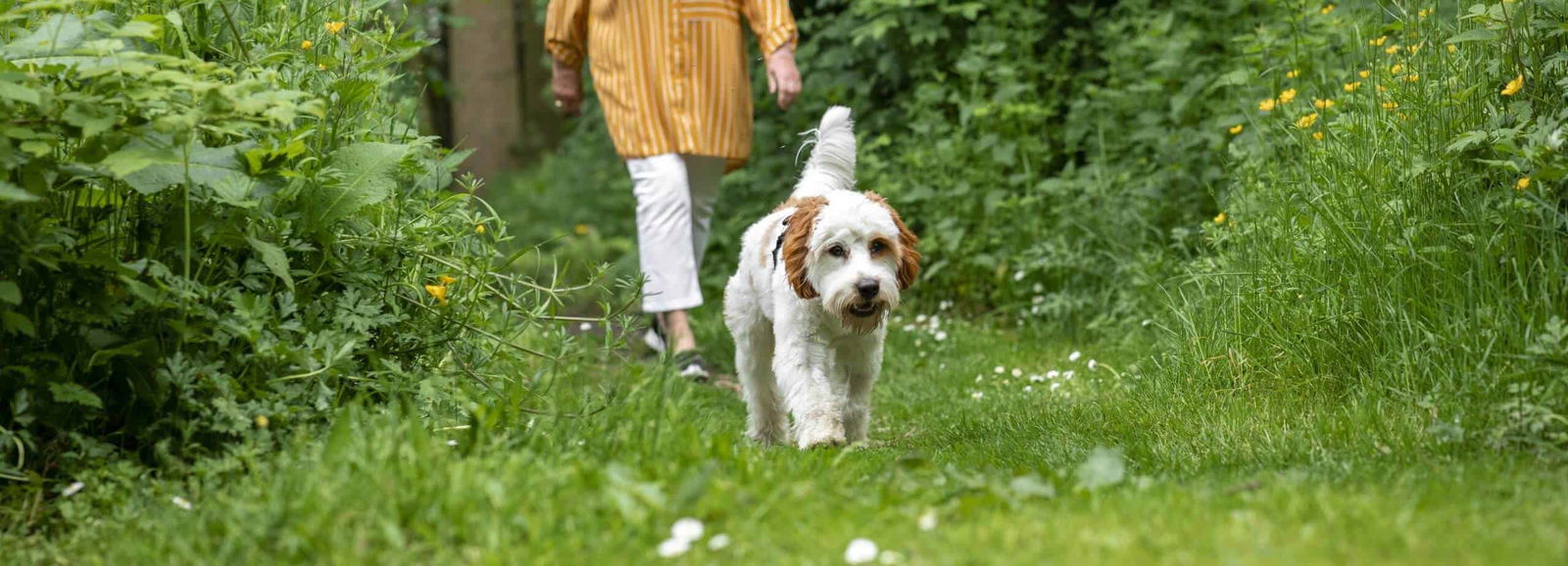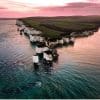A barking success!
We are delighted to have won the Silver Award for Dog Friendly Business of the Year in the Dorset Tourism Awards 2021/22!
As an independent, family-run business, being named alongside so many outstanding, local attractions is an incredible honour and is a reflection of the amazing hard work our fantastic team has put in to making Burnbake special. We’ve always wanted to be known for offering memorable staycations for the whole family – especially four-legged friends.
Dogs are always welcome at Burnbake, with four of our luxury lodges designated for furry friends, with special outdoor dog showers, and a doggy hamper to welcome your trusty companion on their trip. When camping at Burnbake, your dogs can join us for free and will enjoy browsing the goodies in our campsite shop and exploring the Burnbake forest.
Book now to get your paws on a delightful, dog-friendly getaway at Burnbake in one of our luxury lodges or at our wonderful campsite.











